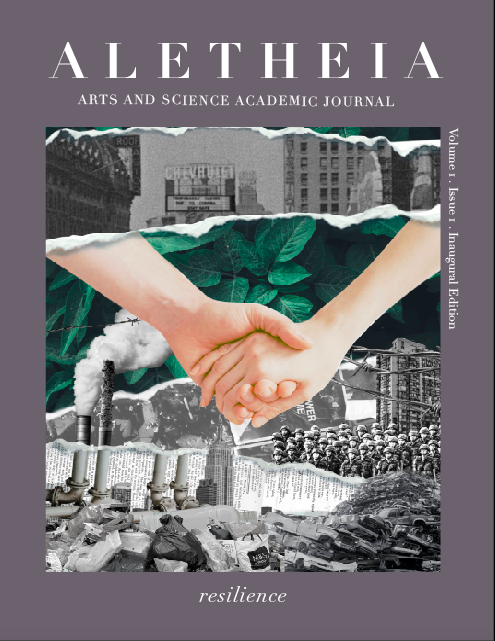EXAMINING THE IDEOLOGY AND POLITICS OF NEW URBANISM
DOI:
https://doi.org/10.15173/a.v1i1.2808Abstract
New Urbanism (NU) is an urban planning movement that values certain design principles in cities, such as walkability, mixed-use development, and accessible transit. Since its emergence and formalization as a movement in the late twentieth century, numerous North American communities have been built or renovated to adhere to New Urbanist principles, and a significant body of research studies the outcomes in these places. This essay reflects on the existing scholarship to identify recurring issues in New Urbanist communities; namely, these neighbourhoods consistently turn out to be unaffordable and economically exclusive, as well as to create tension or awkwardness between different social groups. As such, I find that rather than merely falling short of theoretical ideals like economic and social diversity, the NU physical design principles can backfire and produce the opposite outcome of their vision for optimal communities; this occurs as a function of environmental limitations like the nature of capitalist real estate markets and the complexities of integration in diverse communities. The essay moves on to interrogate the movement’s failure to advocate for policy changes that would support its social goals and, at a deeper level, their choice to refrain from any political stances. Underneath NU’s attempt at ideological impartiality, I find that their implicit ideal of “community” leads to pernicious tendencies such as embracing homogeneity and disregarding public life. Overall, I argue the movement must reorient from implicit to explicit politics and openly advocate for progressive policy in order for their theory to actually produce diverse, healthy communities.
Published
Issue
Section
License
Copyright (c) 2021 Aletheia

This work is licensed under a Creative Commons Attribution-NonCommercial-NoDerivatives 4.0 International License.
All Rights Reserved





